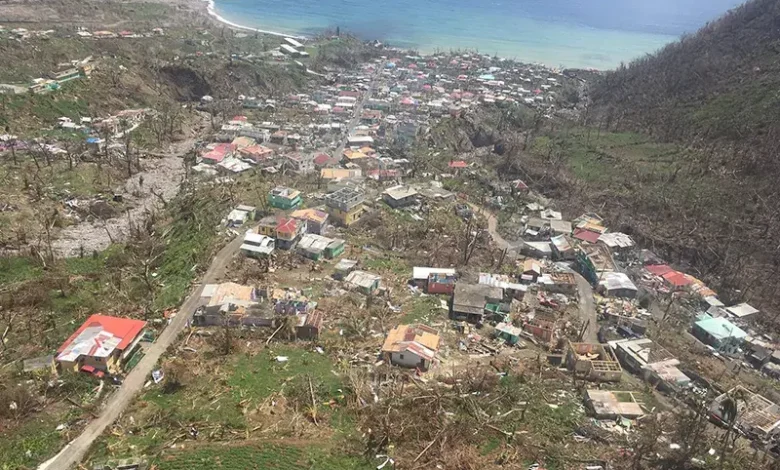National Adaptation Strategy (NAS) for Dominica

The National Adaptation Strategy (NAS) is a critical framework to enhance Dominica’s resilience to climate change and natural disasters. As a small island developing state, Dominica faces increasing risks from hurricanes, rising sea levels, and environmental degradation. The NAS integrates climate resilience into national policies, ensuring sustainable development and economic stability.
Objectives of Dominica’s National Adaptation Strategy (NAS)
The NAS focuses on strengthening infrastructure, protecting natural ecosystems, and promoting economic diversification to mitigate the adverse effects of climate change. The key objectives include:
-
Institutional Strengthening
- Establishing legislative frameworks to support climate adaptation.
- Enhancing government coordination for disaster preparedness.
- Strengthening partnerships with regional and international organizations.
-
Economic Diversification
- Reducing reliance on traditional industries by expanding renewable energy, agro-processing, and sustainable tourism.
- Promoting climate-smart agriculture to improve food security.
- Encouraging investment in green businesses and technology.
-
Infrastructure Resilience
- Implementing hurricane-resistant construction standards.
- Strengthening transportation networks, energy grids, and water systems.
- Upgrading public facilities to withstand climate impacts.
-
Environmental Conservation
- Expanding protected forest areas to 67% of the land mass by 2030.
- Restoring coral reefs and coastal ecosystems to mitigate erosion.
- Enforcing regulations to preserve biodiversity and natural habitats.
-
Community Engagement and Education
- Conducting public awareness campaigns on climate risks.
- Encouraging community participation in resilience projects.
- Providing training in disaster response and recovery planning.
Implementation Strategies and Key Agencies
The Climate Resilience Execution Agency for Dominica (CREAD) leads NAS implementation, ensuring projects align with national goals. Other supporting initiatives include:
- National Resilience Development Strategy 2030 (NRDS) – A roadmap for achieving a climate-resilient economy.
- Climate Resilience and Recovery Plan 2020-2030 (CRRP) – Outlines actionable steps for sustainable development and disaster recovery.
- Green Climate Fund and International Partnerships – Funding projects in renewable energy, agriculture, and coastal protection.
A Climate-Resilient Future for Dominica
The National Adaptation Strategy plays a vital role in Dominica’s mission to become the world’s first climate-resilient nation. Through infrastructure investment, economic diversification, and environmental stewardship, the country is setting a global example in sustainable adaptation.




